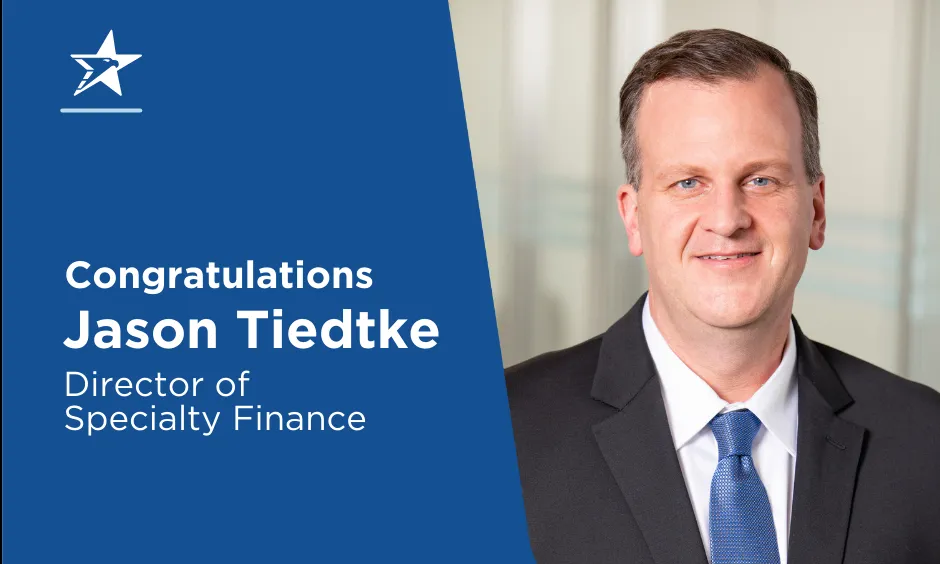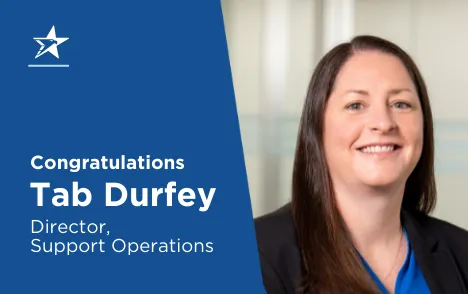A growing industry
 For almost 25 years, ANB has partnered with charter schools to provide banking solutions that include lines of credit, tax-exempt financing and banking services. Considering Minnesota passed the first charter school law in 1991 and opened its first school in St. Paul in 1992 (just down the street from ANB’s St. Paul branch), it’s relatively safe to say, we understand the needs and challenges of the charter school industry.
For almost 25 years, ANB has partnered with charter schools to provide banking solutions that include lines of credit, tax-exempt financing and banking services. Considering Minnesota passed the first charter school law in 1991 and opened its first school in St. Paul in 1992 (just down the street from ANB’s St. Paul branch), it’s relatively safe to say, we understand the needs and challenges of the charter school industry.
According to the National Alliance for Public Charter Schools, 44 states now permit charter schools and as of the 2019-20 school year, there were almost 7,700 schools nationwide serving more than 3.7 million students. As with any growing industry, especially one that is primarily funded by taxes, getting and managing money can be tough.
Note: Because every state has its own regulations and policies for charter schools, for purposes of clarity and brevity, this article focuses on Minnesota.
Funding
Charter schools are public schools and receive the same state and federal funding as traditional public schools, but without the access to property tax levies. Funding is based on enrollment. Enrollment projections are provided to the state prior to the school year with actual enrollment numbers being reported in October.
Getting the cashflow
In the state of Minnesota, 10% of the school revenue is held back and not paid until the next fiscal year in August, September and October. The holdback means that schools get 90% of their funding, but when 100% of expenses need to be paid, a cashflow shortfall often results. The shortfall is the reason many charter schools find themselves in need of a line of credit (LOC). Typically, LOCs will be a percentage of the estimated holdback amount and come due either on the date of the release of the final holdback payment or at year-end.
Financing property and improvements
Charter schools are not allowed to own their own property; however, with permission of their authorizer, they can form an affiliated building company that can own property. Financing for the purchase or construction of a facility can be obtained using Bank Qualified Tax-Exempt Bonds. Tenant improvements, such as a classroom buildout or new heating and air conditioning, are typically financed using conventional financing.
Utilizing banking services
Charter schools are heavy users of treasury services and banking products. Typically, charter schools use:
- ACH (for payroll and vendor payments)
- Payroll services
- Positive pay and ACH fraud filters
- Remote deposit
- Checking, savings and credit cards
The ANB difference
Charter schools are required to have any deposit balances in excess of FDIC limits ($250,000) collateralized in an amount at least 10% more than the amount of the excess deposit. At American National Bank we pledge securities as collateral for excess charter school deposit balances. Pledged securities are owned by the bank (typically, high-quality investments) but are pledged to the account. Schools that are not properly collateralized receive negative finding in their audits, which can have adverse impacts on funding and borrowing. ANB’s history with charter schools means that pledged securities are a common offering. In addition, ANB offers Insurance Cash Sweep (ICS) service, which is FDIC-insured and a convenient and secure way to secure large deposits while having access to funds.
American National Bank takes pride in our relationships and experience offering solutions to our industry-diverse client base. Whether your industry is manufacturing, real estate, service-oriented, religion- or education-based, or a nonprofit, as a community bank, ANB offers insight, experience, and services to help make long-term and everyday operations that much easier.
Contact us for more information on financing and banking services for charter schools.
Kathy Bjerke
Vice President/Commercial Banker
Kathy is based out of our St. Paul, Minnesota location. Kathy has 24 years of commercial banking experience, which includes having written LOCs for charter schools since 1999. Kathy currently works with over 20 charter schools. She has been an avid volunteer for several nonprofits, including the St. Paul Winter Carnival. She also currently serves on the loan committee for the African Development Center.
Call Kathy – 651.290.7826
Andrew Swammi
Senior Vice President – Commercial/Nonprofit Banking
Andrew is based out of our Bloomington, Minnesota office. With 31 years in banking, including 28 years in commercial banking, Andrew specializes in banking services for non-profits and educational institutions. He has helped charter schools obtain financing utilizing conventional loans and bank-qualified tax-exempt bonds for over 20 years. Andrew is heavily involved in the community and serves on the boards of NextStage, an economic development entity, and New Hope YMCA.
Call Andrew – 952.857.4063
Articles contained in our news section are not intended to provide recommendations or specific advice. Consult with a professional when making financial decisions. Once published, articles are not updated; information may be outdated.





